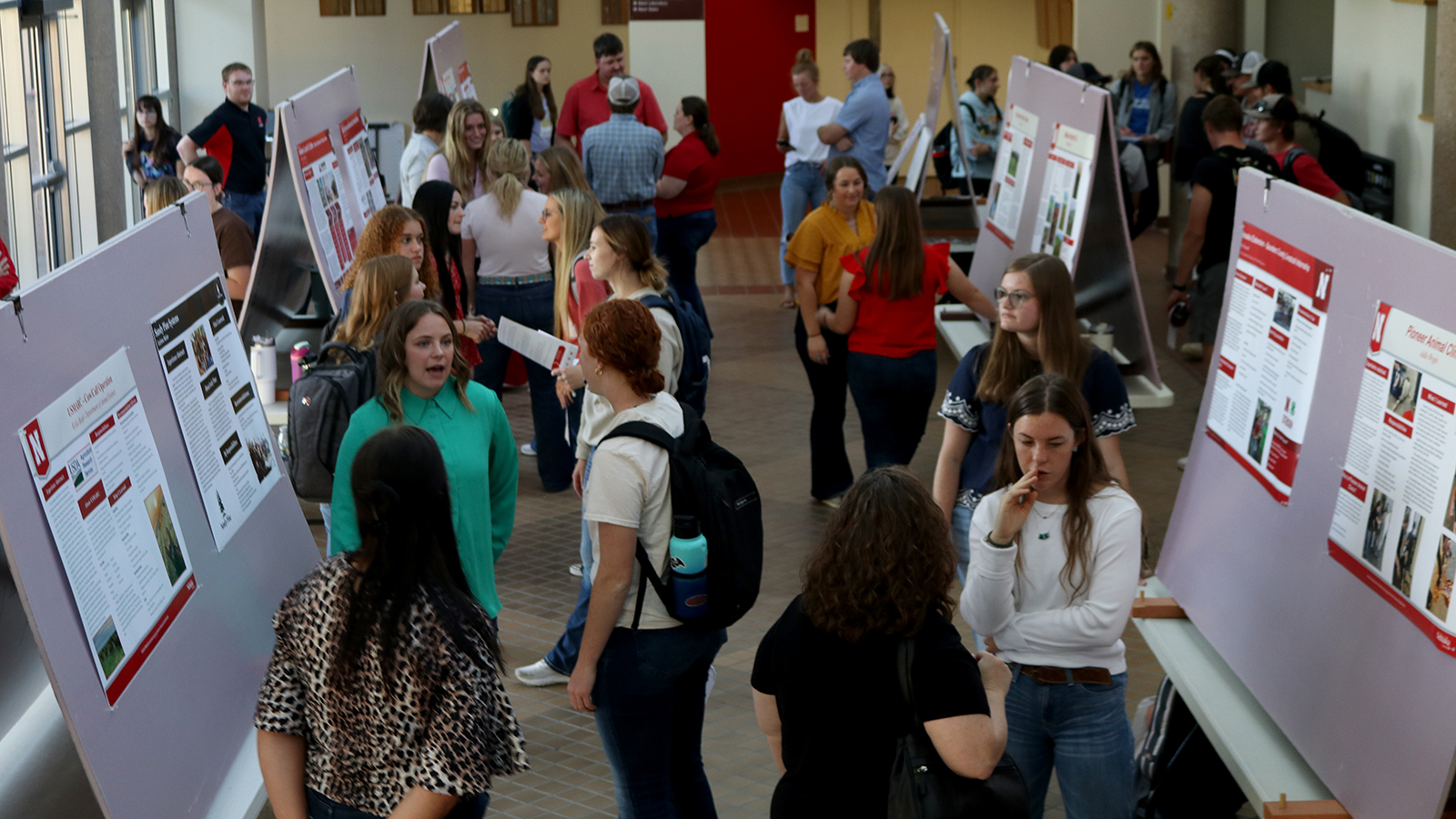As part of your Animal Science major, you must complete at least four credit hours of experiential learning through completion of two experiences.
If you are a current student, please contact Samodha Fernando for more information and to complete the experience contract.
Benefits of Experiential Learning
Experiential learning is learning by doing and reflecting on that experience. The Department of Animal Science values the importance of gaining hands-on experience to apply classroom learning to the real world because it allows you to:
- Apply what you learn in the classroom to real world experiences
- Develop vital skills for future success, such as effective communication, critical thinking, and decision making
- Explore potential careers or new areas of interest
- Increase student awareness of important issues facing local and global society
- Develop reflective practice habits
Go Beyond the Classroom
From hands-on internships to traveling on a study tour, every student has the flexibility to choose the best experiences for their interests and chosen career path.
Industry Experiences (Internships)
Experience Hands-On Learning and Develop Career Skills.
Explore Industry Experiences (Internships)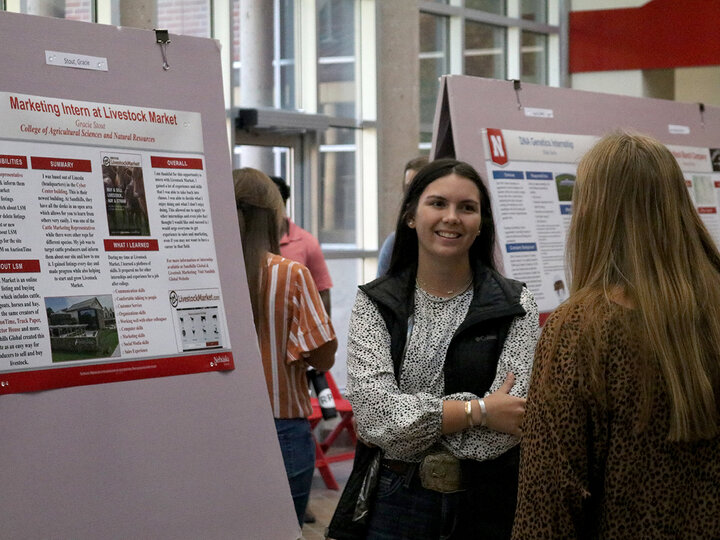
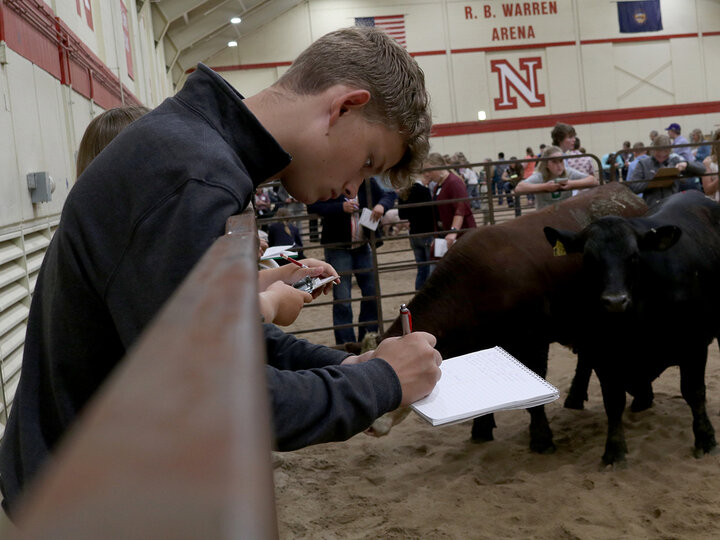
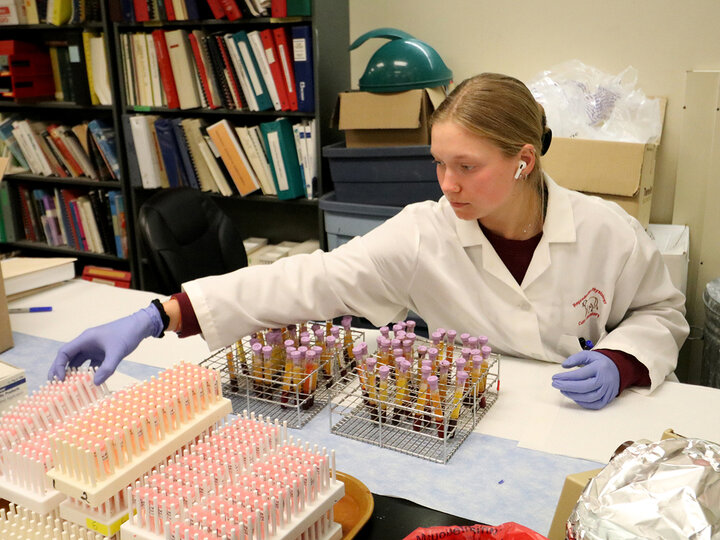
Teaching
Serve as a Teaching Assistant for an Undergraduate Level Course at Nebraska
Explore Teaching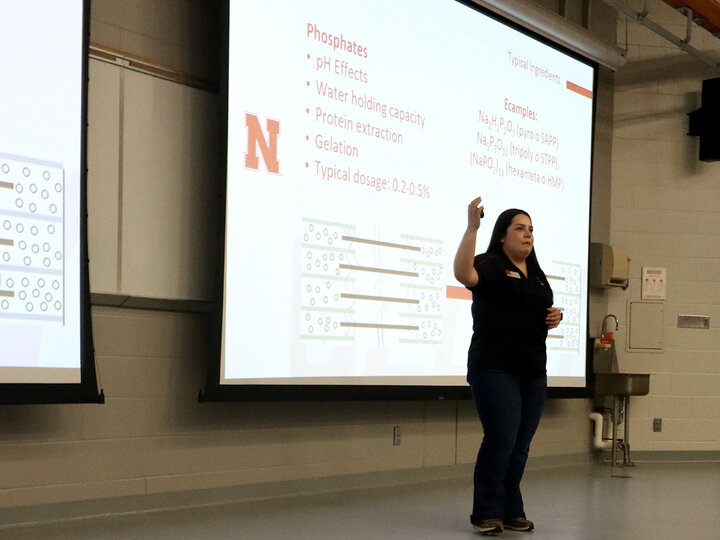
Animal Science Teams
Compete On One of Our Prestigious Animal Science Teams
Explore Animal Science Teams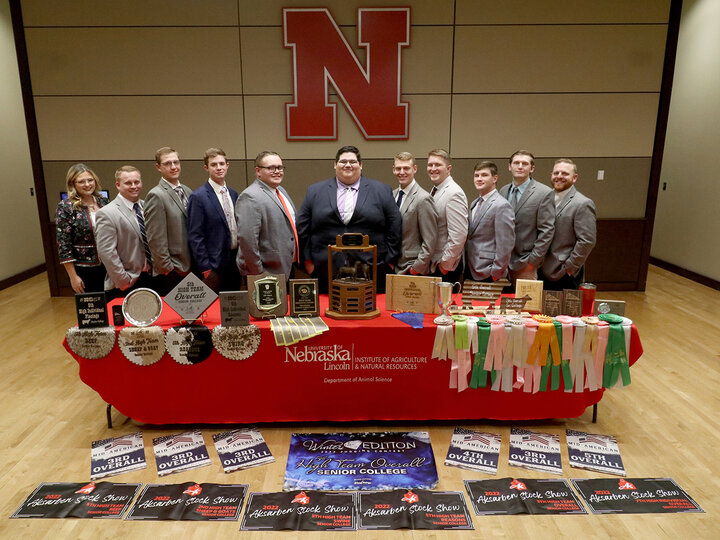
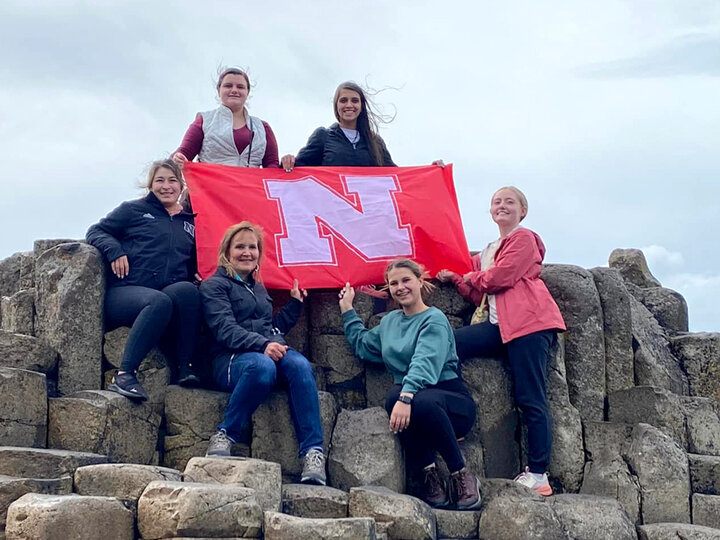
How Do I Get Started?
Experiential Learning (EL) Pathway in the Department of Animal Science:
- Talk with your advisor in your first year about Experiential Learning options in the Department of Animal Science
- Build an Experiential Learning plan in ASCI 201: Professional Development for Careers in Animal Science
- Seek out Experiential Learning opportunities in your area of interest (or outside of!)
- Meet with the coordinator of your chosen Experiential Learning opportunity to learn more about earning credit
